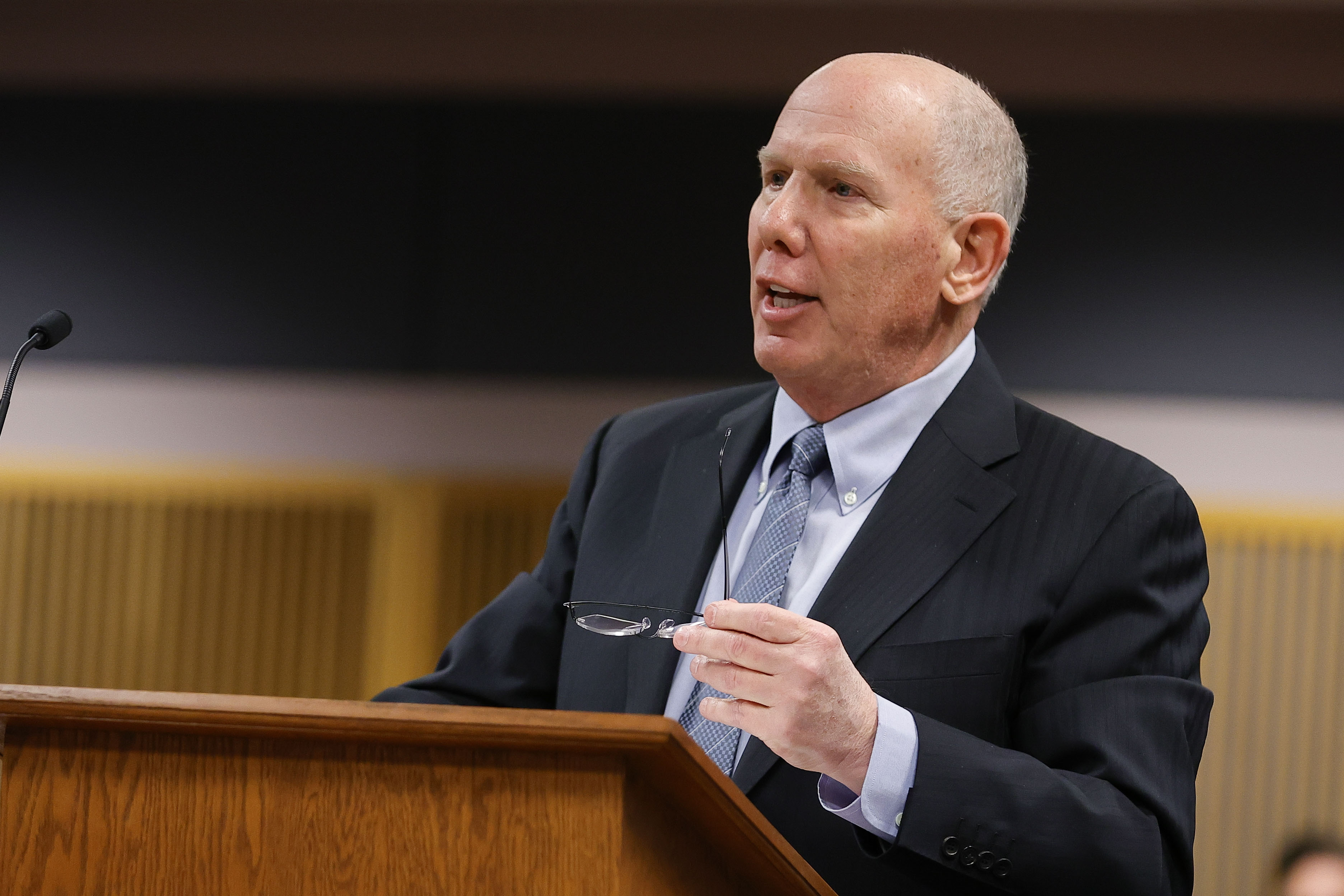Steve Sadow, the lead defense counsel for Donald Trump in the Fulton County, Georgia, election interference case, shared on Sunday his next step to disqualify Fulton County District Attorney Fani Willis.
Willis has found herself at the center of a potential ethics violation related to her alleged affair with special prosecutor Nathan Wade after the accusations were brought forward by former Trump staffer and co-defendant Michael Roman. This comes amid Willis’ case against the former president, in which Trump and 18 co-defendants were indicted by a Georgia grand jury in August and face criminal racketeering charges for allegedly attempting to overturn the state’s electoral results in the 2020 election won by Joe Biden. Trump, the presumed 2024 GOP presidential nominee, has pleaded not guilty.
In an attempt to get Willis and her team disqualified and the charges against them thrown out, some of the defendants, including Trump, argued that a personal relationship between Willis and Wade created a conflict of interest. While Willis and Wade confirmed that they had been in a relationship, they said that neither had personally benefited from it.
Judge Scott McAfee, who is presiding over the election interference case, ruled on Friday that the evidence presented by the defense was “legally insufficient” to conclude that there was a conflict of interest, however, “the appearance of impropriety remains.”
Alex Slitz-Pool/Getty Images
In a Sunday post on X, formerly Twitter, Sadow shared that the next legal step in an effort to disqualify Willis will be to ask the court to permit a pretrial appeal of McAfee’s order.
“Our first legal option is to ask the Court to permit a pretrial appeal of his disqualification order,” he wrote.
Sadow’s next step comes in response to X user Andrew Fisher who asked, “What further legal options to disqualify Fani?”
Sadow previously noted the use of legal options to fight the case, telling Newsweek via email on Friday in response to McAfee’s ruling: “While respecting the Court’s decision, we believe that the Court did not afford appropriate significance to the prosecutorial misconduct of Willis and Wade, including…testifying untruthfully about when their personal relationship began. We will use all legal options available as we continue to fight to end this case, which should never have been brought in the first place.”
Newsweek has reached out to Sadow and the Fulton County court via email for comment.
According to McAfee’s ruling, Willis and her office would either need to step aside and let another district attorney take over the case, or Wade will have to withdraw himself from it. Wade ultimately resigned hours after McAfee filed his decision.
Sadow now has 10 days from the date of McAfee’s order to seek what’s called a “certificate of immediate review.”
The certificate, if granted, would allow Trump to immediately appeal the disqualification order before trial, likely causing a delay in the case. However, McAfee will be the one to decide whether to grant the certificate of immediate review.
Although no trial date has been set, Willis’ office had asked for the trial to start on August 5, 2024. However, Trump’s lawyers asked the trial be scheduled for after the general election in November and said that if Trump wins, it would need to take place after he serves his term in office.
According to Anna Bower, legal fellow and courts correspondent at Lawfare, who wrote on X on Sunday, “Even if he does grant the certificate, the Georgia Court of Appeals could still decline to hear the case. So there are a number of hurdles Trump’s team has to clear in order to appeal.”
Uncommon Knowledge
Newsweek is committed to challenging conventional wisdom and finding connections in the search for common ground.
Newsweek is committed to challenging conventional wisdom and finding connections in the search for common ground.













%20(2)%20(1).jpg)


Discussion about this post